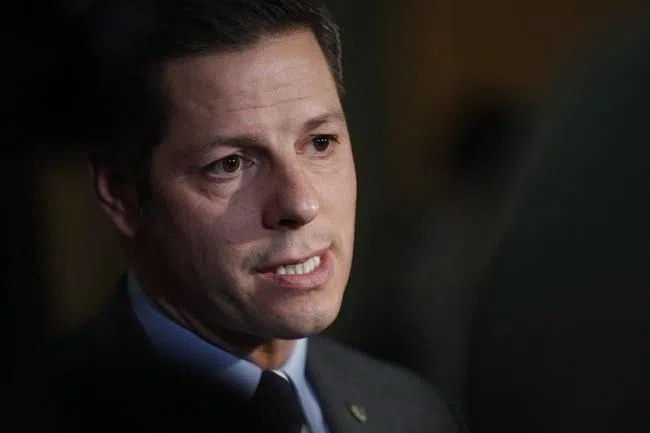
Prairie police chiefs call on Ottawa for help as meth-fuelled crime skyrockets
OTTAWA — Police chiefs say methamphetamine is fuelling a crime wave in some of Western Canada’s biggest cities as use of the highly addictive drug skyrockets across the Prairies.
Calgary’s interim police Chief Steve Barlow told a House of Commons health committee Tuesday that the city’s crime rate is going through the roof as the price of meth drops.
“When I look at the tools on an officer’s belt, there isn’t a single one to help a person in the throes of addiction,” Barlow said. “We will not arrest our way out of this problem.”
Meth is behind some recent violent and unprovoked attacks, Barlow said. On one occasion, he said a woman stabbed three random people in 20 minutes. In another, a senior sitting on a downtown bench was stabbed multiple times.